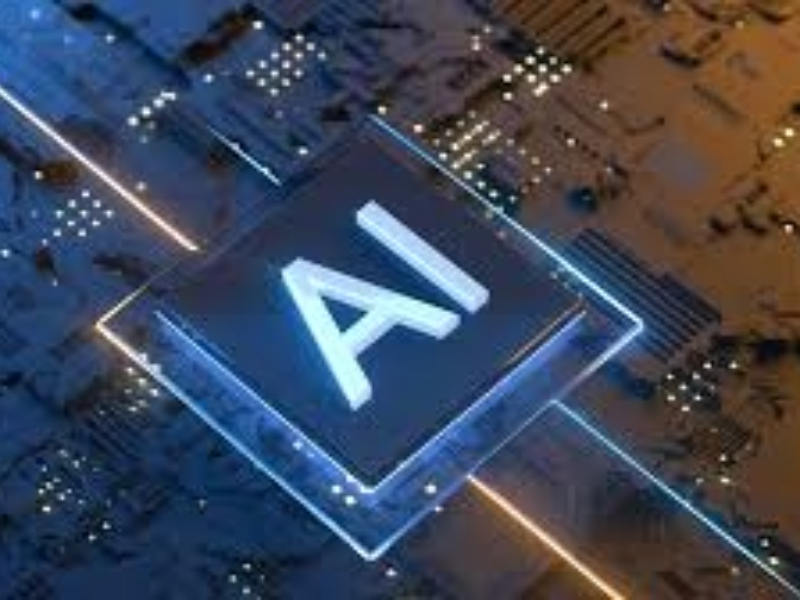The rising tide of artificial intelligence in professionalism

- 219
- 0
In recent years, there has been an undeniable surge in the integration of Artificial Intelligence (AI) into various professional domains, revolutionizing industries and reshaping the nature of work.
From enhancing efficiency and productivity to enabling data-driven decision-making, AI technologies are increasingly becoming indispensable tools for professionals across diverse sectors. This article delves into the burgeoning trend of AI in professionalism, exploring its implications, opportunities, and challenges. One of the most significant impacts of AI in professionalism lies in its ability to streamline workflows and automate repetitive tasks.
Through machine learning algorithms and predictive analytics, AI systems can analyze vast amounts of data, identify patterns, and make informed recommendations, freeing up valuable time for professionals to focus on more complex and strategic endeavors. In fields such as finance, healthcare, and manufacturing, AI-powered tools have become essential for optimizing processes, reducing errors, and driving innovation.
Moreover, AI is revolutionizing how professionals interact with information and make decisions. Natural Language Processing (NLP) algorithms enable AI systems to understand and process human language, facilitating tasks such as document analysis, sentiment analysis, and language translation. This capability empowers professionals to extract insights from unstructured data sources, collaborate more effectively across language barriers, and make data-driven decisions with greater accuracy and speed.
Furthermore, AI-driven personalization is transforming customer experiences across various industries. By leveraging data analytics and machine learning, businesses can tailor products, services, and marketing strategies to individual preferences and behaviors, enhancing customer satisfaction and loyalty. Virtual assistants and chatbots powered by AI technologies enable real-time interactions with customers, providing personalized assistance and support round-the-clock, thereby improving overall service quality and efficiency. However, the widespread adoption of AI in professionalism also raises significant ethical, legal, and socio-economic concerns. As AI systems become increasingly autonomous and pervasive, questions surrounding data privacy, algorithmic bias, and job displacement come to the forefront.
The potential for AI technologies to perpetuate existing inequalities and exacerbate socio-economic disparities underscores the need for responsible AI development and deployment. Moreover, the ethical implications of AI in decision-making processes, particularly in high-stakes domains such as healthcare and criminal justice, demand careful consideration and oversight. Transparency, accountability, and fairness must be prioritized to ensure that AI systems uphold ethical principles and do not perpetuate discrimination or harm. Furthermore, the rapid advancement of AI technologies necessitates ongoing learning and upskilling for professionals to remain relevant in the evolving job market. As AI augments and, in some cases, automates certain tasks, professionals must adapt to new roles that require creativity, critical thinking, and emotional intelligence—skills that are less susceptible to automation. Lifelong learning initiatives and reskilling programs are essential to equip professionals with the competencies needed to thrive in the AI-driven workplace of the future.
In conclusion, the increasing trend of AI in professionalism presents both opportunities and challenges for individuals, organizations, and society at large. While AI technologies hold immense potential to enhance productivity, innovation, and customer experiences, their widespread adoption must be accompanied by ethical considerations, regulatory frameworks, and investments in human capital. By harnessing the transformative power of AI responsibly and inclusively, we can unlock new possibilities for professional growth, societal advancement, and human flourishing in the digital age.

















































